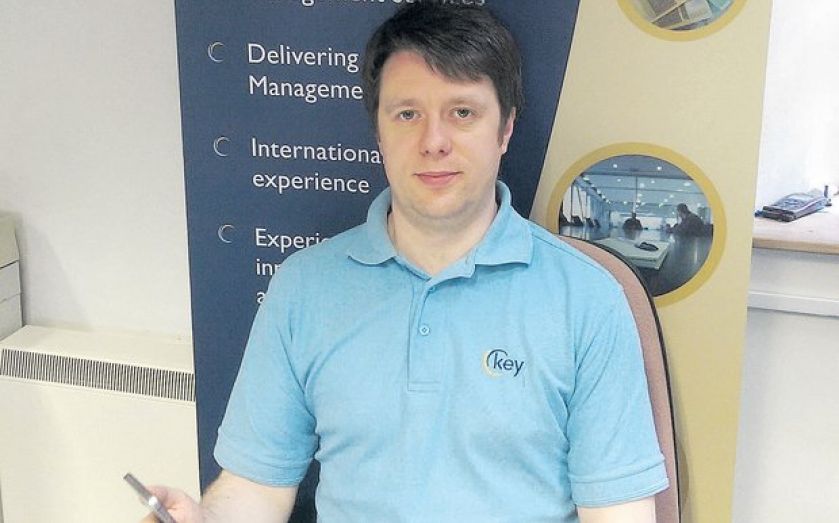Unified comms can boost SME growth

MANAGING multiple communications and IT systems is a challenge for many SMEs. For expansive organisations like Key Facilities Management (the operations company has locations spanning the Middle East, North Africa and eastern Europe), the complexity can have a serious impact on the bottom line. “Three or four years ago, there was a danger of us having a silo set-up,” says the company’s ICT manager Gordon Mitchell. “In the extreme case, workers in remote places like Kazakhstan might not even have had access to our systems, meaning their work would have to be fed in from other software, which is effectively duplication.”
By unifying its fixed-line, mobile, email, desktop and web communications using Vodafone One Net and Microsoft Online Services, the company has been able to cut costs radically. “It has allowed us to eliminate a lot of waste.”
Beyond the considerable cost savings, Mitchell says, unifying communications and adopting the cloud has allowed Key Facilities Management to grow to a level that would have been extremely difficult previously. “The majority of our resources can now go into software development, rather than hardware management. We have a team of people analysing our business activity, enhancing what we do and looking for new areas of development. In the past, they would have been tied down making sure that the local networks were functioning.”
Migrating systems and data to the cloud rings alarm bells in the heads of many IT security experts. A study released this week by data security firm Thales e-Security claimed that 34 per cent of companies say adopting the cloud computing had a negative impact on their overall security posture, double the amount that said the impact had been positive.
Mitchell thinks security is a big concern both in the cloud and locally. “Anywhere with an internet connection runs a security risk. As recent, well publicised, global security issues have shown, as soon as you allow your devices online they are at risk. We moved to the cloud around four years ago and in that time we have had very few issues with any of our platforms’ security.” The company’s current set-up, he says, is arguably even more secure now than it was in the past. “If you think about it, Microsoft has got 24/7 dedicated professionals continually looking at security issues and improving their platforms accordingly. When we had a problem, it was looked at by someone from Microsoft who had actually helped develop the platform. That’s a level of expertise we didn’t have access to previously.”